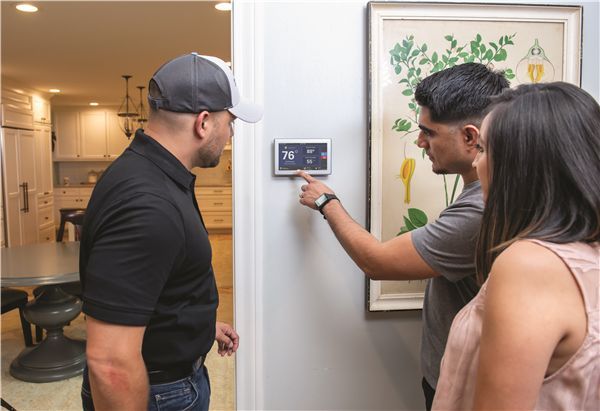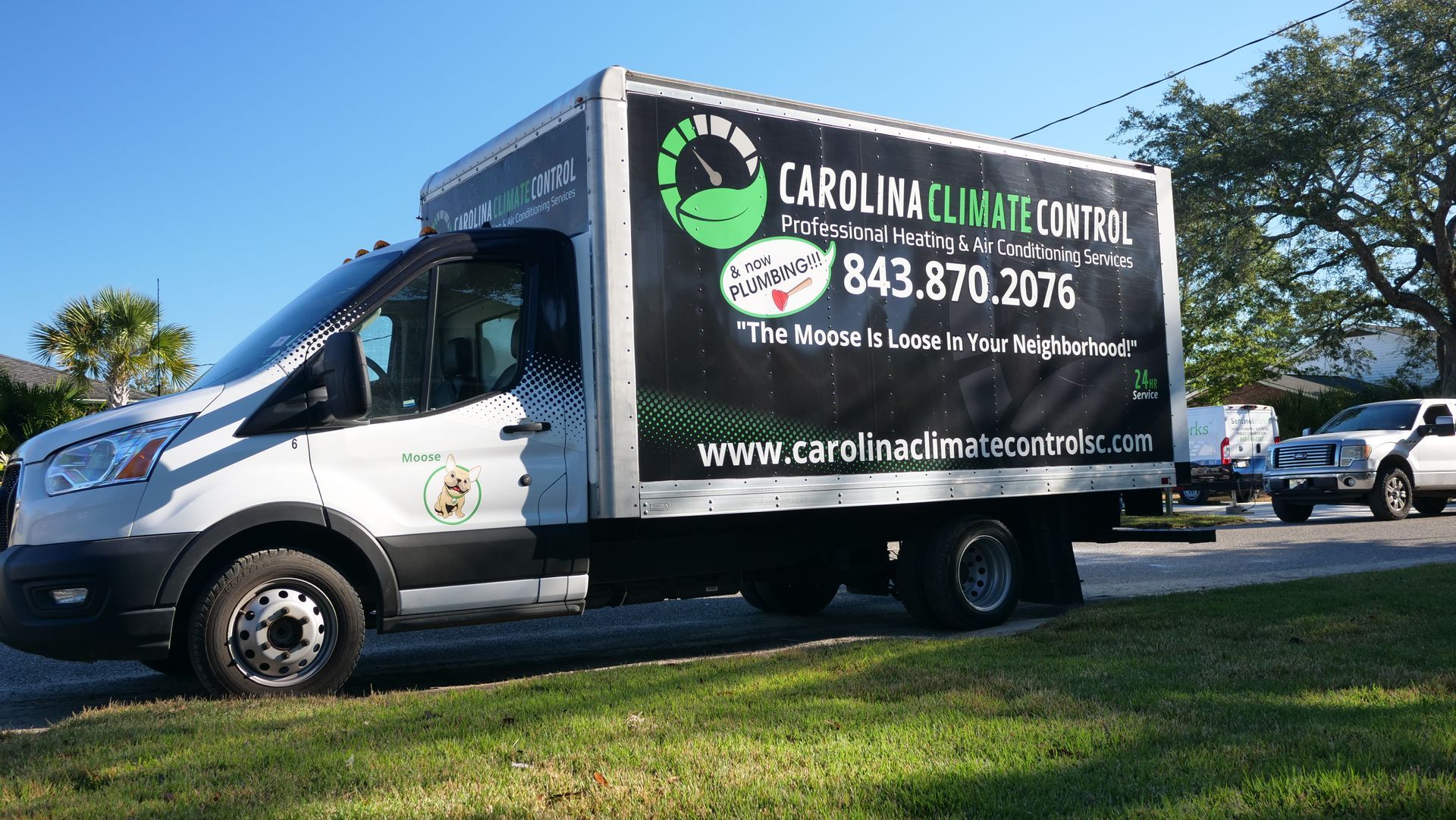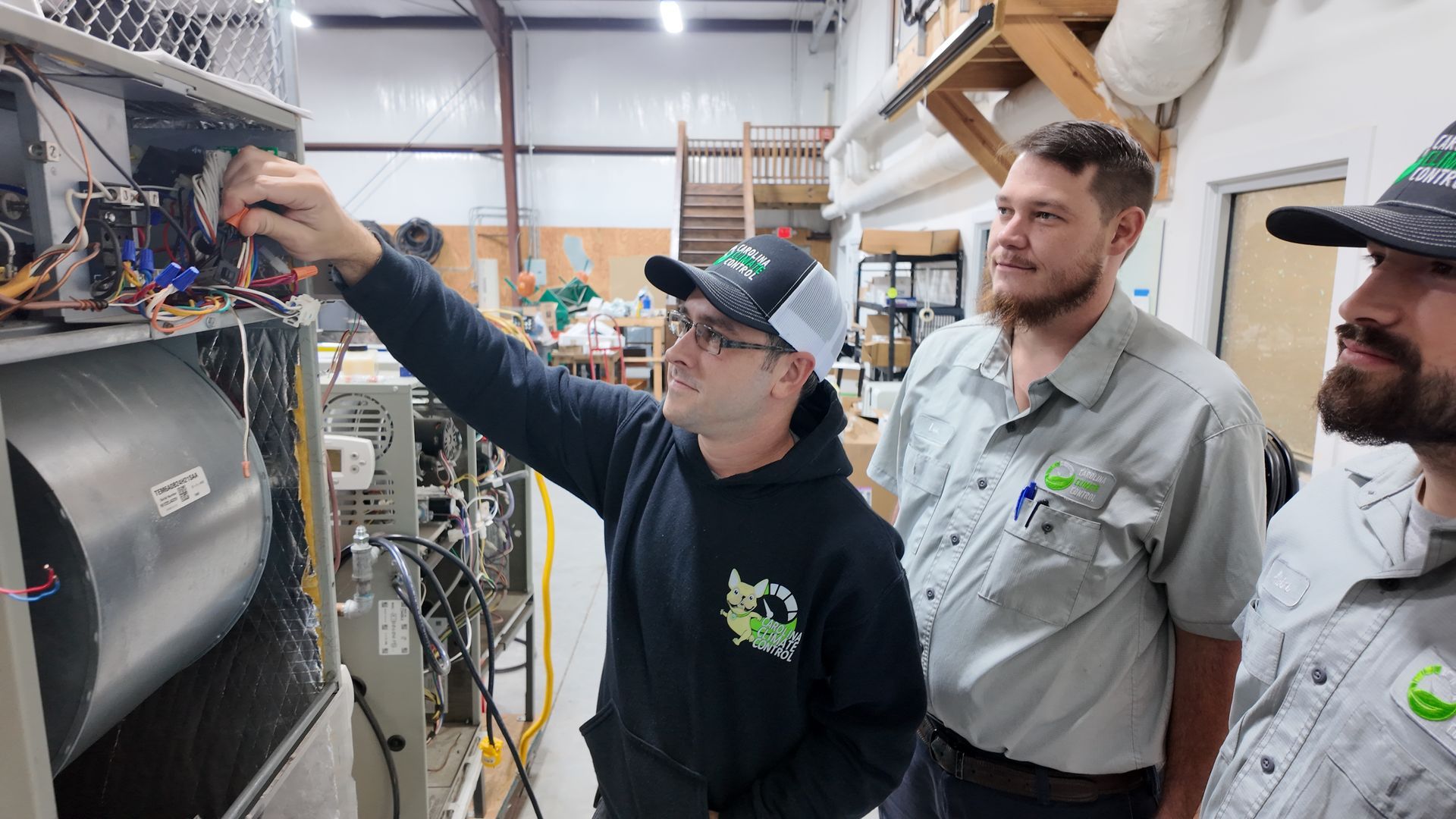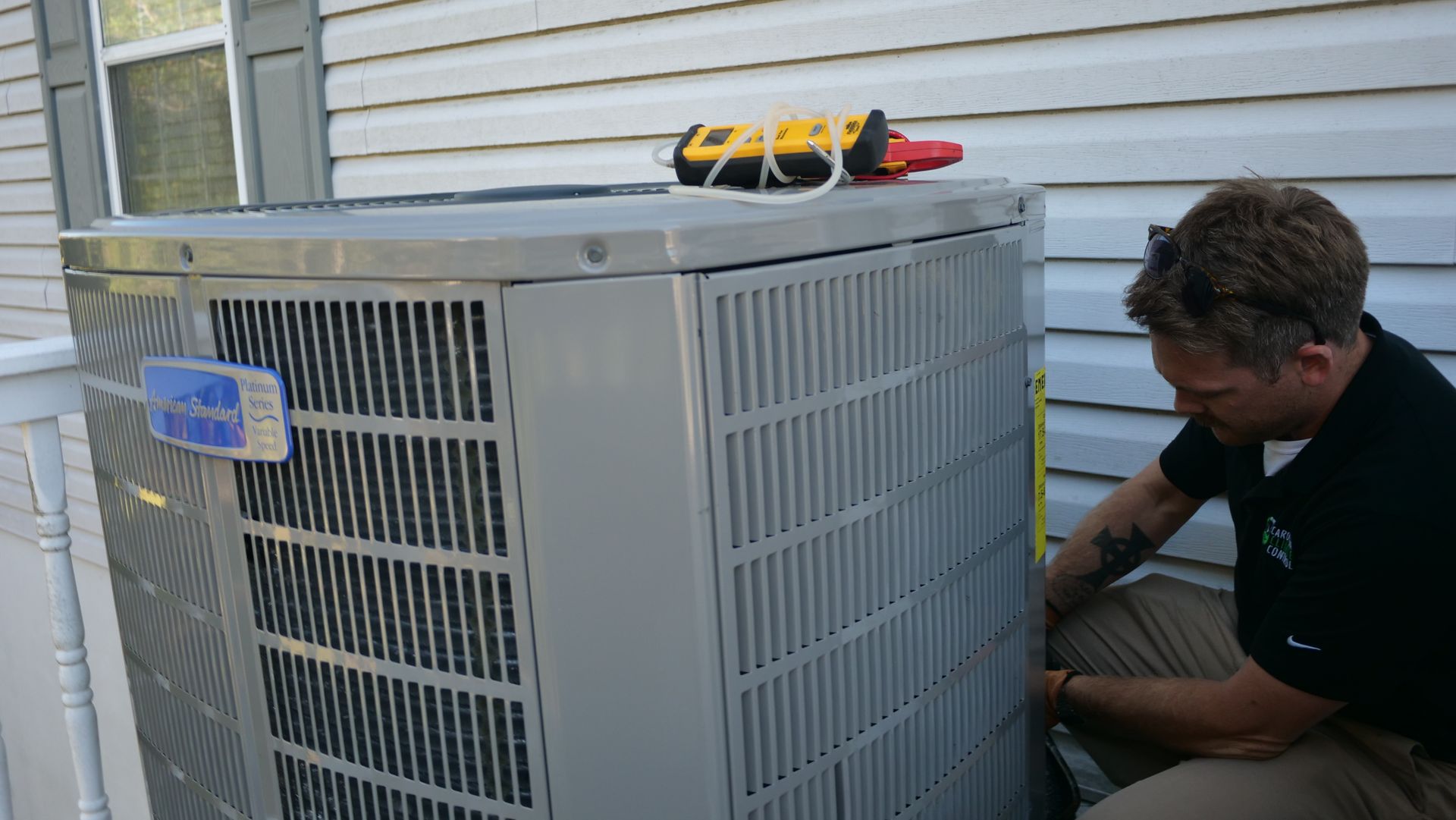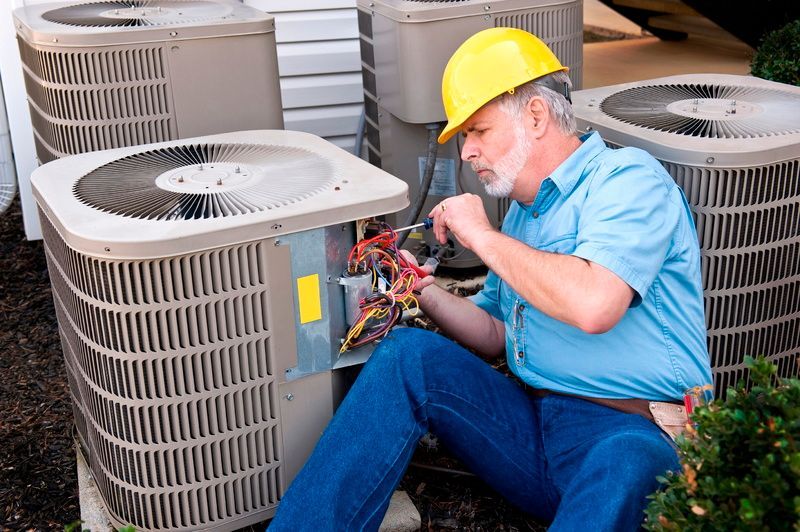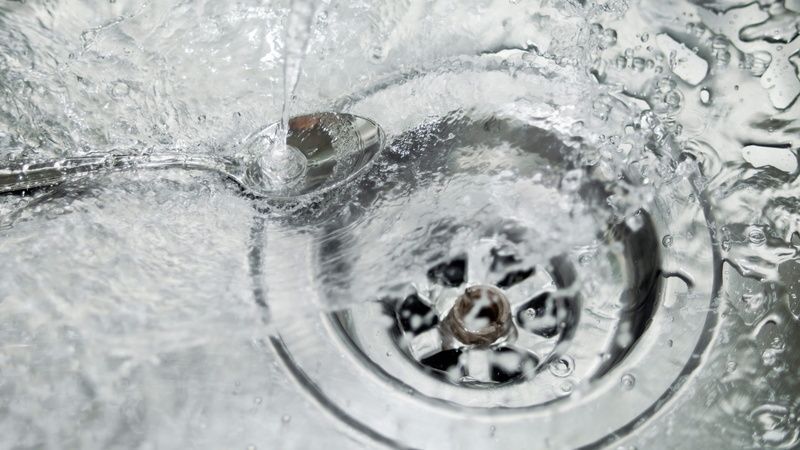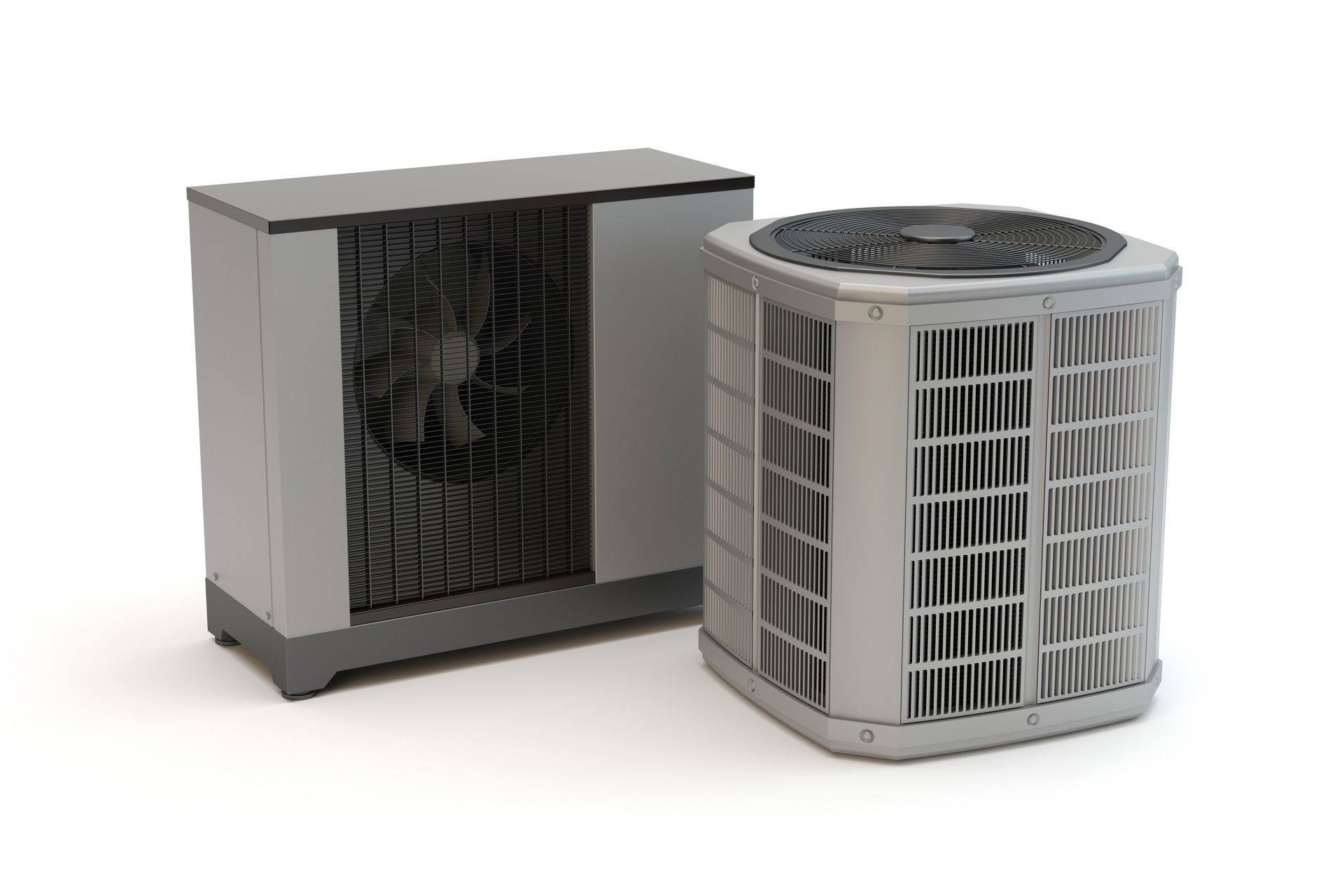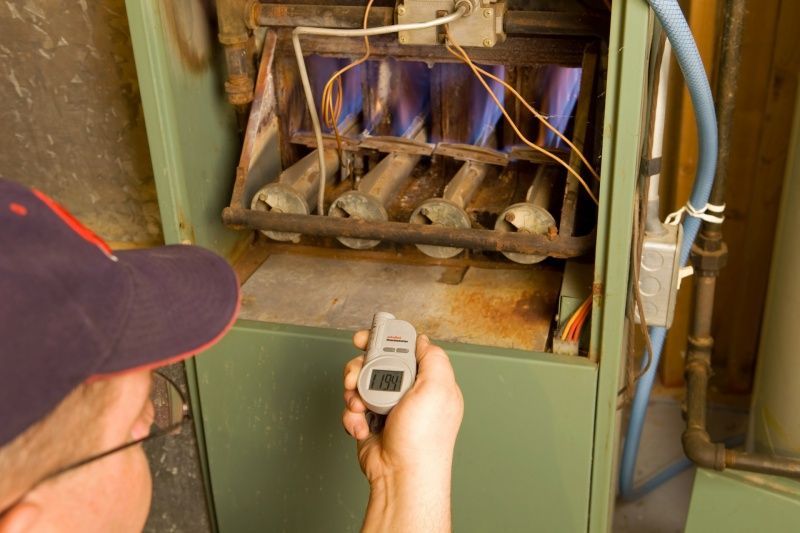The Difference Between Air Handlers And Furnaces, What You Need To Know
In all the jargon and technical details surrounding the installation of HVAC systems in your home, it’s easy to get mixed up on which devices do what.
This applies particularly when it comes to the difference between equipment that heats and equipment that cools a home.
Sometimes the devices that do either are highly specific to their task, but other times, not quite, and they can serve both cooling and heating functions.
A common example of this type of confusion is the distinction between furnaces and air handlers. Both are used in HVAC systems and they even look similar while delivering certain similar functions.
However, each has their own very particular mechanics and purposes as well, which can easily cause confusion between the two.
Let’s explain the functions, similarities and differences between these two crucial HVAC components and demonstrate how they interact. With this guide you can know which you need and when in your home without getting swamped in technical details.
What A Furnace Does
If you take a close look at the heating system in your home and notice that it has more than four different parts, then you’re probably dealing with a furnace. This vital piece of HVAC installation equipment produces the heat that you use to keep your home warm and toasty during the cold months.
The furnace usually pulls this off by burning some kind of fuel. Fuel types can include wood pellets, literal chunks of wood, coal, fuel oil (heating oil), natural gas and other highly combustible materials. There are also electric furnaces that don’t burn anything at all. Instead, they produce heat through electric resistance and then transmit it throughout your home much like a fuel burning furnace does.
In basic terms, furnaces are a more complex variant of the wood stoves and even chimneys that used to be far more common in older times. They are however usually much more efficient heat convectors and better sealed for minimal heat loss during their convection process.
All furnaces have main components that consist of an internal combustion chamber in which the fuel itself is burned and turned into heat energy and a channeling system that puts the heat into your home’s ventilation system while another part of the furnace installation works at filtering out byproducts.
Then of course there is your home’s thermostat, which is connected to the furnace and activates it if you set it to do so once the ambient temperature falls to a certain level. The opposite also happens when temperature gets high enough, causing the furnace to stop burning more fuel temporarily.
It’s the heat channeling system that we mentioned above which causes the main confusion between furnaces and air handlers. Both of these devices include air channeling mechanisms, but while a furnace also produces heat before channeling it through your home, an air handler simply channels air, whether it’s hot or cold.
What an Air Handler Does
In the case of air handlers, they simply work as air channeling systems for your home’s HVAC ductwork. The air they move may be heated through an electric heat pump that’s installed as an attachment to the handler itself or it may be air that has been cooled by an air conditioning system and is channeled to keep your home cool during hot weather.
In essence, an air handler is a forced air blowing system that includes a powerful fan called a blower, whose job it is to circulate air around pipes in a home.
This blower thus “handles” your cooled or heated air and this is where the name air handler comes from.
The basic mechanism of these devices is as follows:
- The air handler’s blower attaches to a heat pump or an AC system and based on a thermostat’s signals, it either blows heated or cooled air through the ductwork in your home.
- In air handlers, a coil filled with refrigerant is placed in the path of the forced air and through this coil, either heat or refrigerated cooling (in AC mode) is infused into the air passing over it. If you’re wondering how the heat part comes in if no heat is being produced by the air handler, bear in mind that the physics of how the refrigerant coil interacts with the trapped heat energy in forced external air does actually produce a heat effect without a combustion process.
- Your home is heated or cooled by the air being forced through your home’s ductwork.
Unlike a furnace, air handlers by themselves don’t actually burn fuel to produce heat. They instead work on the dynamics of electric refrigeration and electric coil heating to chill or warm air up as it’s forced into or out of your home.
This can make them extremely inefficient in exceptionally cold climates, while also making them highly useful in warm climates as mechanisms for air cooling.
The Key Difference Between Furnaces and Air Handlers
The most crucial difference between a furnace and an air handler is a furnace actually produces its own heat for channeling while an air handler doesn’t create heat (though some models do provide auxiliary heat).
Instead, the latter simply distributes heat or cold created by the heat pump or refrigeration coil mechanisms mentioned above.
In exceptionally warm climates, where temperatures almost never fall to uncomfortably cold levels, air handlers are used much more commonly and don’t even connect to heat pumps. Instead, they work only at delivering cool air through an AC coil with internal refrigerant.
Most air handlers however do connect to both a heat pump and an AC coil for the sake of channeling gathered, forced heat from external air or cold as needed for your home’s HVAC system.
How Air Handlers and Furnaces Work Similarly
In both furnaces and air handlers, there will be a blower fan that channels modified air throughout the ductwork in your home. With furnaces, the air is only heated and not cooled before being channeled to warm your home while with air handlers air can either be moderately heated or cooled as needed.
However, for climates with exceptionally cold winter seasons, the heating power of a furnace is superior to the climate control offered by an air handler.
Another similarity between both furnaces and air handlers is that both are controlled by a thermostat that regulates when they activate and deactivate.
However, in the case of an air handler, the thermostat can also activate its internal AC mechanism, which a fuel burning furnace doesn’t offer for the reasons already described.
Which One is Right for You?
Generally speaking, if you live in a location with deeply cold winter weather and mild summers, a furnace is a much better option for thorough household heating that’s also cost and energy-efficient.
If, on the other hand, your regional climate, such as that in the Charleston area and South Carolina in general , includes mild winters and hot summers, an air handler in combination with a heat pump might be your best option for both AC and moderate home heating.
To understand much more precisely which of these two similar looking systems is right for your specific needs, your best bet is to call in a technician for a professional assessment based on the weather in your state. Carolina Climate Control can help with both expert estimation and installation options.
The post The Difference Between Air Handlers And Furnaces, What You Need To Know first appeared on Carolina Climate Control.
